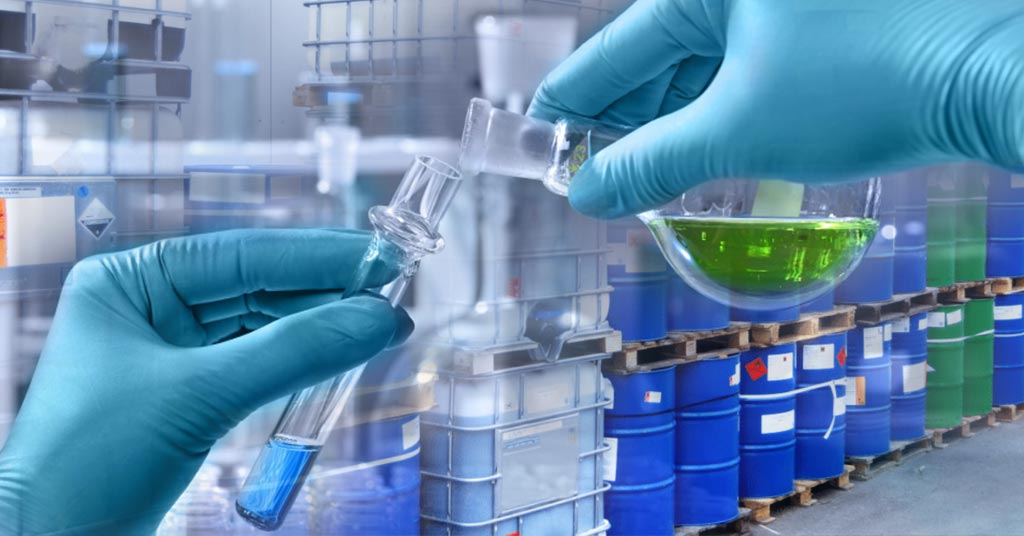Welcome To ChemAnalyst

Russia: Despite a 10% drop in volume from the same period of 2021, Russian fertilizer exports surged 70% to an astonishing $16.7 billion in the first ten months of 2022 - an increase driven largely by a sharp rise in crop nutrient prices after Russia's controversial invasion of Ukraine. Data shows this strong growth despite a challenging market environment faced by the world's largest exporter of fertilisers.
Despite analysts predicting that shipments would collapse when the war broke out in February, Russia's food and fertilizer exports remain exempt from western sanctions. This is to support food security for less privileged countries. Moscow is further increasing its exports to countries such as India, Turkey and Vietnam. “Clearly countries like India have been the biggest beneficiaries [in terms of fertilizer imports],” said the FAO’s Josef Schmidhuber.
Major European Union (EU) and Russian officials have been worried that some customers, banks, and underwriters have taken it upon themselves to avoid buying products originating from Russia. In response to this situation, the EU introduced new clearances last month. These exemptions allow individual EU countries to release money sanctioned against individuals who are connected in some way to the Russian fertilizer and agriculture industries. This measure will enable purchases of goods that had been blocked due to fears regarding potentially sanctioned entities or people.
International fertilizer prices have been steadily increasing on the global market over the past few months. This is largely due to Russia cutting off supplies of Natural gas, the primary ingredient in Nitrogen fertilisers. Meanwhile, Potash prices have skyrocketed as a result of sanctions placed on Belarus following anti-government protests and demonstrations in the country.
Following the Russian invasion, gas prices sharply rose, leading to plant closures in Europe and an increase in Nitrogen fertilizer costs. These fertilizers are essential to food production efficiency and quality. Yet, Russia won't be seeing any benefit from higher prices this year as the unusually warm weather has decreased gas prices and caused fertilizer producers in Europe to increase their output.
We use cookies to deliver the best possible experience on our website. To learn more, visit our Privacy Policy. By continuing to use this site or by closing this box, you consent to our use of cookies. More info.
